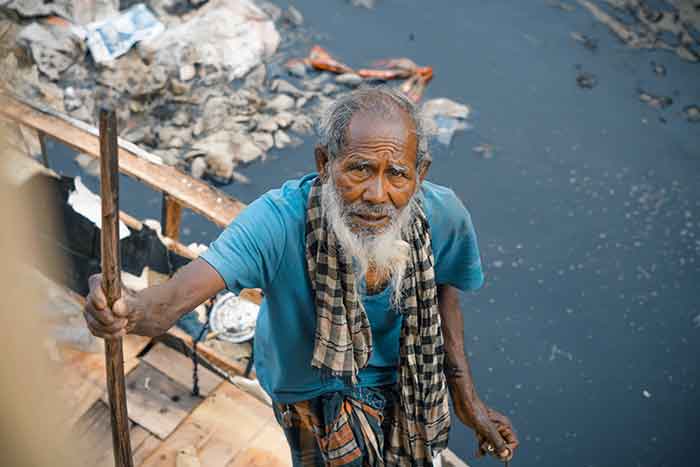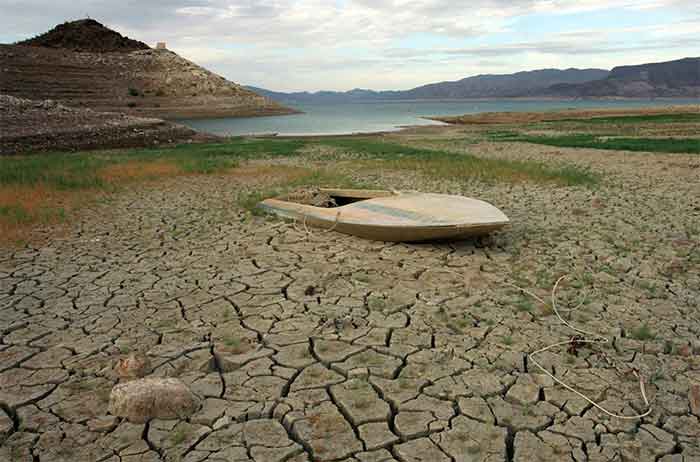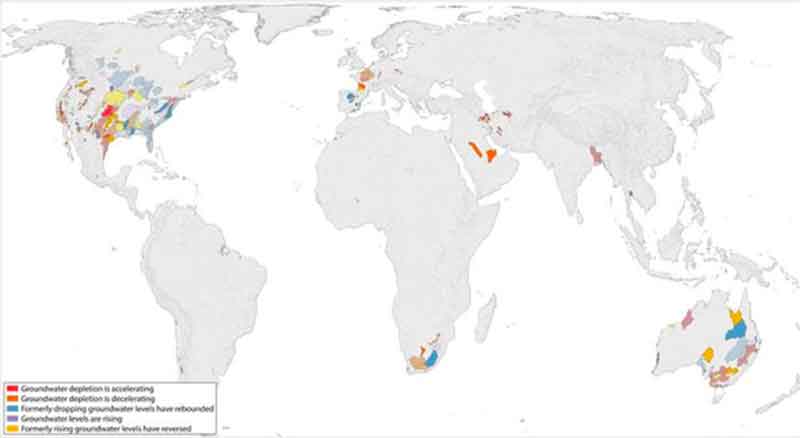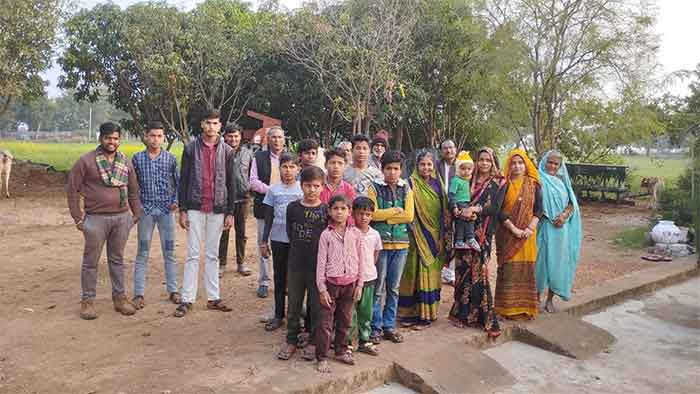
Water might become the most sought-after commodity in the world and the most traded resource on the exchanges if the depletion and mismanagement of water resources continue at the present rate. Several cities around the globe have become ground zero, and many are on the verge of falling into this category. India is a land where water resources are revered since ages, but still little has been done to preserve and efficiently manage it. Himanshu Thakkar, an alumnus of IIT Bombay and a social activist, has been fighting for efficient management of water and its resources since decades in India. In discussion with him, he points out the loopholes in the system, the opportunity and urgency for water resource conservation.
Himanshu started his social venture with the Narmada Bachao Andolan and has since then been actively involved in river and water conservation. As a part of the World Commission on Dams, he worked as a watchdog for India’s water resource policy and projects with particular focus on dams and big hydropower projects. He says with every dam constructed on the river; it dies a slow death. The quality of Indian rivers are already deteriorating, many essential rivers like the Krishna, Kaveri, Narmada, Sabarmati are gradually drying up and few no longer flow into the oceans. India has one of the highest usages of groundwater, which in turn is depleting at an alarming rate. In the Indian context, the consequences are suffered by the most impoverished population, whereas the well-off population are insulated. Government and the Central Water Commission (CWC) has done little to contain this problem. Water conservation polices are narrow and focused primarily on building dams which do little to solve the impending crisis.
India’s water sustenance is dependent on groundwater, but the central bodies fail to acknowledge this reality. Plans to replenish or preserve groundwater are non-existent. The government bodies have not even identified the problem, let alone solving it. The lack of transparency and apparent unaccountability by the central body is further aggravating the situation. There is a growing need to rejuvenate groundwater; local water bodies must be protected, rainwater has to be harvested at local levels, the forests and wetlands need protection. Even the consumption of groundwater consumption needs to be regulated. All this because the government policies and the dams are not delivering. Dams do not only disrupt community lives and the local flora and fauna; it also gradually distorts the water resource the government aims to protect. 97% of Indian dams have been set-up for irrigational purpose, but the peak of dam-irrigated farmland reached in 1991-92, and since then there has been a negative contribution by the dams. The question here is that if the entire purpose of dams is failing, then why is the government still spending thousands of crores on building dams. This irony does not get to the regulators where the petitions and even protests are falling to deaf ears. The fact is that these dam projects are a significant source of political kickbacks for the politicians and so they don’t want these projects to stop. The industries are the highest users of water resources, but they do little to conserve it. Industries are assured of the minimum water resources by the government, and there are no concrete regulations to contain this usage and optimize the use by enterprises. There is thus no incentive for the industries and big corporate houses to conserve water and its sources.
According to Mr Himanshu Thakkar, the most challenging part of his work is to garner reliable information from the government and the CWC. Most of the critical information needed for water conservation and for detecting water-related problems are not available or at least out of the public domain. He says the entire system starting from the functioning of the CWC, its responsibilities and its relationship with the government is flawed. CWC is responsible for multiple activities like collecting information, regulations, assessing impact, policymaking, designing, managing compliances, and most importantly, sanctioning. Such an explicit conflict of interest in this commission’s functioning is not desirable.
Mr Thakkar believes that India is blessed with plenty of water resources, but its brazen mismanagement and the lack of focus is costing India its valuable resource. In the years that he has worked for this cause, Mr Thakkar’s has managed to make some significant contribution. From regulating water release from hydro projects in Himachal to contesting with the government and industries, his and the numerous social volunteer’s work has brought a change in the way the government has been managing the water resources. Impact of big projects and ancillary activities on the water resource of the country is consistently monitored and highlighted by Mr Thakkar and this entire team. He urges the citizen of India to prevent water wastage, understand the criticality of water conservation and take steps to preserve this resource at local and community levels.
Piyush Khaitan is a student of IIM Ahmedabad
SIGN UP FOR COUNTERCURRENTS DAILY NEWSLETTER
















































